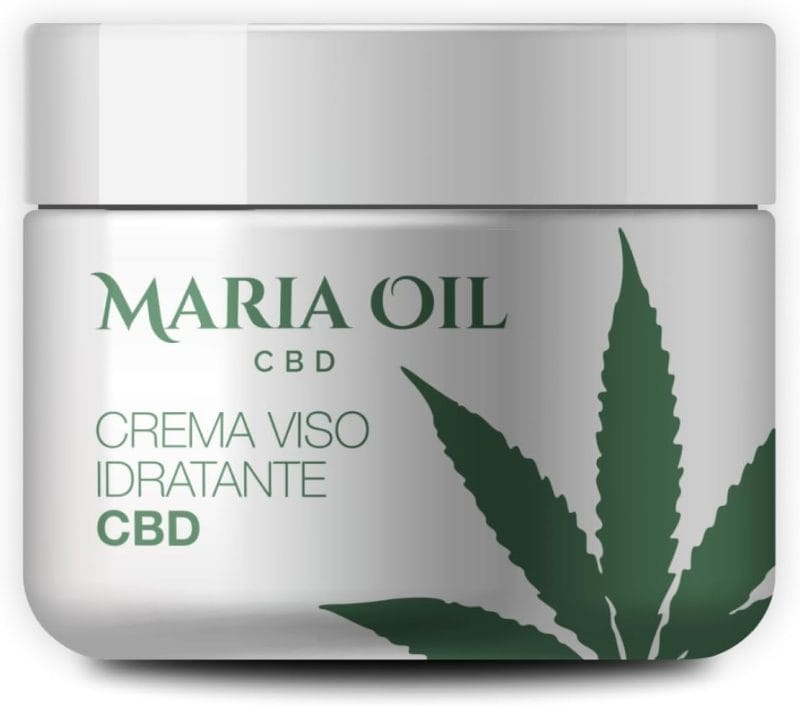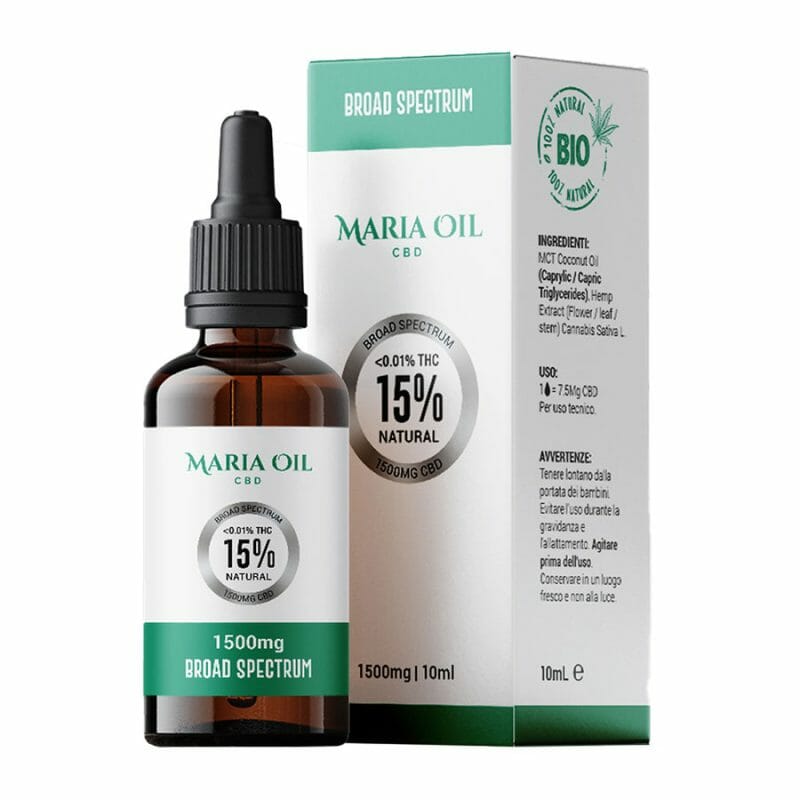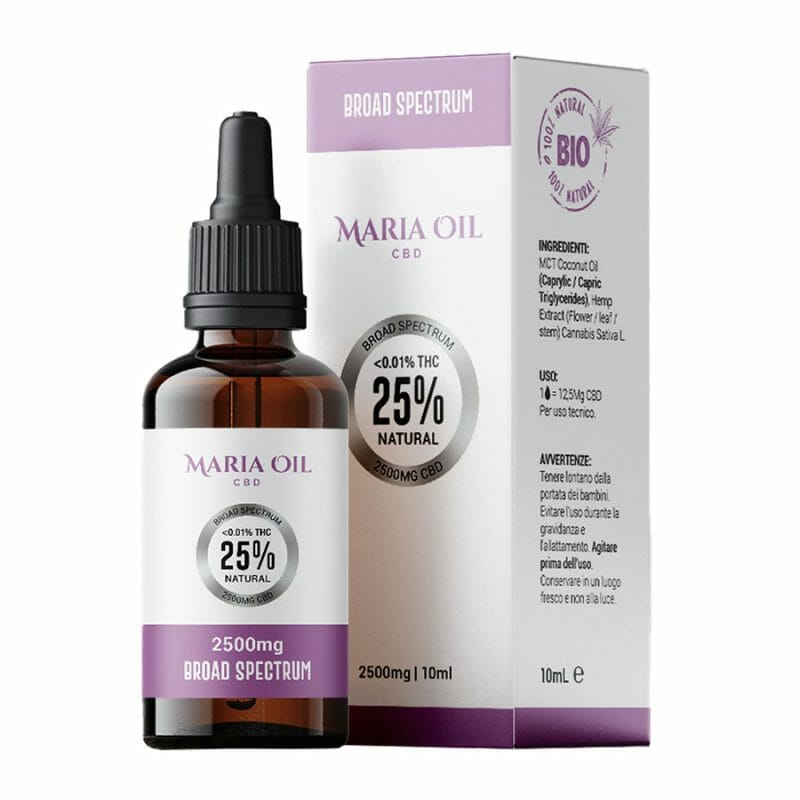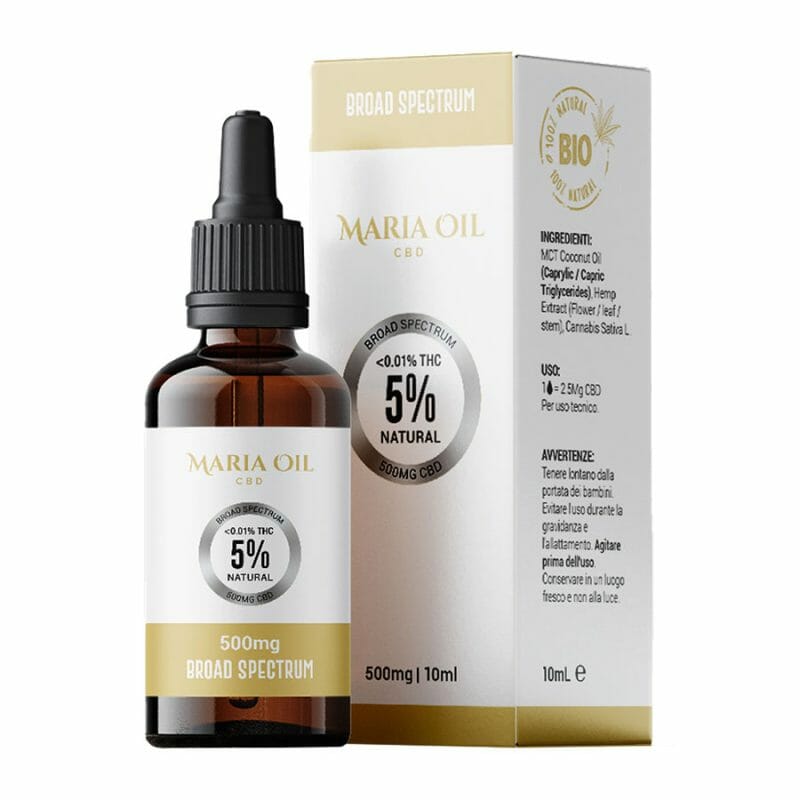Psoriasis, which is a chronic skin condition that causes inflammation and scaly patches, can become a physical and emotional burden.
If you suffer from psoriasis, you may have wondered many times if there are effective treatments out there. Modern medicine has not yet been able to find a definitive cure. For that very reason, exploring natural remedies can be a complementary approach to relieve symptoms.
Nature knows better than men what the body needs to be healthy. There are several options you can consider, ranging from controlled sunbathing, which promotes vitamin D production, to using natural oils, such as coconut and neem oil, to moisturize the skin.
In this article, we are going to explore natural treatments for psoriasis, providing practical tips and useful information to help you manage this uncomfortable skin disease.
What is psoriasis?
Psoriasis is a chronic autoimmune skin disease characterized by excessive production of skin cells. In people with psoriasis, skin cells multiply faster than normal, causing a buildup that turns into thick, red, scaly patches.
It’s not contagious and it can vary greatly in severity, from mild to severe. In addition to skin manifestations, some people with psoriasis may also experience systemic symptoms such as joint pain and fatigue.
The exact causes of psoriasis are not completely known, but it is believed that a combination of genetic, environmental and immune system factors may contribute to the development of this condition.
Where and how does psoriasis develop?
Psoriasis can appear in various parts of the body, and the way it looks can vary from person to person. The most commonly affected areas include elbows and knees, scalp, back and chest, hands and feet, nails, and skin folds. Although less common, psoriasis can also affect the face, often around the eyes, eyebrows and hairline.
In some cases, it may only affect small areas of the body, whereas in others, the rashes can spread further. The condition comes and goes, with periods of remission and flare-ups.
What does psoriasis look like? Most often it presents with red, scaly patches in the areas we just listed. You may also experience itching and pain. In certain forms of psoriasis, pustules may appear on your hand and feet.

What could cause psoriasis flare-ups?
There may be situations or habits that contribute to the problem in those already suffering from psoriasis.
The first factor is your emotional state. Stress-related psoriasis is becoming increasingly common. Stress is indeed a known trigger of psoriasis flare-ups. We will see that stress management is among the natural cures for your body.
Injuries, scratches or abrasions can also cause or worsen psoriasis outbreaks in some people. Similarly, skin infections, such as those caused by bacteria or fungi, can make your condition worse.
Furthermore, exposure to cold and dry climates can negatively affect psoriasis, as the skin loses moisture.
Bad habits that can worsen psoriasis include alcohol and tobacco use, as well as a diet high in gluten, sugar and dairy products.
Finally, some medications, such as those used to treat hypertension or infections, can have a negative effect on this skin disease.
8 natural remedies to combat psoriasis
Dealing with psoriasis may require a holistic approach that includes both conventional treatments, that not everyone will find effective, and natural remedies, to relieve symptoms and improve skin quality.
Although it is essential to consult a dermatologist for an accurate diagnosis and a personalized treatment plan, there are several natural remedies for psoriasis that can give you relief, sometimes even immediately.
As always, we recommend that you test new methods on small areas to ensure that they are safe and well tolerated by the skin. Now, let’s find out the best natural remedies.
1. Natural creams
What should you put on your skin when you suffer from psoriasis? Let’s start right away by saying what you should avoid, namely industrial products with chemicals or fragrances that irritate the skin even more.
Natural creams can be beneficial when dealing with psoriasis because they provide great hydration, reduce inflammation and relieve symptoms.
Some natural ingredients are known for their soothing and anti-inflammatory properties, which makes them common in creams for psoriasis. We are talking, for example, about aloe vera, shea butter, and calendula.
A good skincare routine should include a natural cleanser for the face and neck to use daily. To nourish your skin you should then apply a moisturizer with natural extracts, preferably one that is specifically formulated for psoriasis.
You can also go for anti-itch products, if you suffer from this symptom. It is very important not to scratch to avoid worsening the infection.
-
Product on sale
 CBD Moisturising Face CreamOriginal price was: £27.00.£10.80Current price is: £10.80.
CBD Moisturising Face CreamOriginal price was: £27.00.£10.80Current price is: £10.80.
2. Healthy diet
Healthy eating is certainly one of the natural remedies for psoriasis, but it is also a way to prevent other complications. Here are some guidelines for a diet that could help you treat psoriasis:
- Fruits and vegetables: rich in antioxidants, minerals and vitamins;
- Food high in omega-3: omega-3 fats, found in foods such as fatty fish (salmon, mackerel, herrings), flaxseeds and walnuts, have anti-inflammatory effects;
- Fiber: whole foods, legumes and fruits can be a good source of fiber, which contributes to intestinal regularity and can positively affect inflammation;
- Water: it is important to moisturize the skin from the outside through products with natural ingredients, but it is equally important to hydrate it from the inside by drinking plenty of water throughout the day;
- Anti-inflammatory spices: such as turmeric, ginger and cinnamon, which you can add to your dishes;
- Lean protein: chicken, fish, eggs and legumes can provide essential nutrients without adding excessive amounts of saturated fat;
- Probiotics: foods rich in probiotics, such as natural yogurt and sauerkraut, can help maintain the balance of intestinal flora.
Obviously, there is no “one-size-fits-all” diet that works for everyone. Reactions vary from person to person. If you want to make sure you choose the best diet for you, you should consider consulting a nutritionist.
3. Essential oils
Vegetable oils can be great allies against psoriasis because of their many useful properties. However, it is important to use them with caution and dilute them properly, as they can be irritating to the skin if their concentration is too high.
Here are some essential oils you may want to consider:
- CBD Oil: it has many benefits. It acts as an excellent natural anti-inflammatory and soothing agent, as well as sebum regulator;
- Tea Tree: it has anti-inflammatory and antimicrobial properties;
- Lavender: it’s soothing and can be used to reduce itching and skin irritation;
- Chamomile: it has anti-inflammatory and soothing properties. You can mix it with a carrier oil before applying it to the skin;
- Eucalyptus: it’s an antiseptic;
- Rosehip: it contains essential fatty acids. You can apply it to the skin to moisturize it and improve flexibility;
- Coconut: it’s known for its moisturizing and anti-inflammatory properties;
- Geranium: it’s a natural anti-inflammatory;
- Neem: it has antibacterial and antifungal properties;
- Frankincense: it acts as an anti-inflammatory and can reduce skin irritation;
- Calendula: it can be used to soothe irritated skin and reduce redness.
Remember to dilute essential oils in a carrier oil, such as coconut or jojoba oil, before applying them to the skin.
-
Product on sale
 CBD oil 15% (1500mg) Broad SpectrumPrice range: £31.20 through £51.20From 1,71 €/gr
CBD oil 15% (1500mg) Broad SpectrumPrice range: £31.20 through £51.20From 1,71 €/gr -
Product on sale
 CBD oil 25% (2500mg) Broad SpectrumPrice range: £47.20 through £67.20From 2,24 €/gr
CBD oil 25% (2500mg) Broad SpectrumPrice range: £47.20 through £67.20From 2,24 €/gr -
Product on sale
 CBD oil 5% (500mg) Broad SpectrumPrice range: £14.25 through £33.00From 1,10 €/gr
CBD oil 5% (500mg) Broad SpectrumPrice range: £14.25 through £33.00From 1,10 €/gr
4. Sunlight
Sunlight can be an effective natural treatment for psoriasis. However, you must follow some rules to get the most out of it without compromising your skin health.
Here are some suggestions:
- Start with brief sunbathing sessions and gradually increase the time;
- Try sunbathing early in the morning or later in the afternoon;
- Use a high protection sunscreen (at least SPF 30);
- If possible, expose the areas affected by psoriasis directly to the sun;
- Too much sunlight can cause sunburns and skin damage, so be careful not to overdo it;
- As an alternative to natural sun exposure, some people with psoriasis may benefit from the use of UV lamps, under the supervision of a physician.
While sunbathing can be beneficial, overexposure can increase the risk of skin damage and contribute to the development of skin cancers. Always keep track of the time you spend outside and how your skin reacts.
5. Baths with Himalayan salt or oatmeal
Beside taking the advice we’ve given you so far, you can also take baths with soothing ingredients. If the inflammation is severe, you might wonder how to disinfect skin with psoriasis. Baths with Himalayan salt, oatmeal or baking soda can be the answer to your problems.
Himalayan salt is rich in minerals that are beneficial to the skin, such as magnesium, zinc, and sulfates. These minerals can help relieve inflammation, reduce itching and improve skin texture.
Add about half a cup of Himalayan salt to warm water. Stir well to ensure that the salt has completely dissolved. Soak in the solution for 15-20 minutes. You can also add a few drops of soothing essential oils, like lavender or chamomile oil.
Oatmeal, on the other hand, is known for its soothing and moisturizing properties. It can help reduce itching, irritation and inflammation of the skin.
Always make sure that the water is lukewarm, not too hot, to avoid over-drying the skin. Do not scrub hard during or after bathing, dry yourself off gently. When you are done, apply a natural moisturizer or oil to your skin to stay hydrated.
6. Aloe vera
Aloe vera is a plant known for its soothing, moisturising, and anti-inflammatory properties that may be particularly useful for treating psoriasis.
Here are the benefits of aloe vera for psoriasis:
- Soothing properties: aloe vera gel has a cooling effect on the skin, which may help to reduce the itching and discomfort related to psoriatic lesions;
- Moisturisation: aloe vera is a natural moisturiser that can help to keep the skin hydrated and soft, something that is particularly important to psoriasis sufferers, since dry skin may worsen the symptoms;
- Anti-inflammatory properties: aloe vera gel contains compounds such as acemannan, that has anti-inflammatory properties that reduce inflammation and redness of the psoriatic plaques;
- Cell regeneration: aloe vera can promote the regeneration of skin cells by helping to repair damaged skin and improve the appearance of lesions;
You can use aloe in the form of a gel to be applied directly on the affected areas, as a cream or lotion, or you can make compresses to be left on for 15-20 minutes before rinsing off.
Remember, before using aloe vera on large areas of skin, test a small area to make sure you do not have allergic reactions.
7. Turmeric
Turmeric, a golden spice commonly used in Indian or Asian cuisines, is known for its powerful anti-inflammatory and antioxidant properties. The main active ingredient of turmeric is curcumin, which showed potential benefits for a variety of inflammatory conditions, making it a natural remedy for psoriasis.
Let’s discover the benefits of turmeric for psoriasis:
- Anti-inflammatory properties: curcumin reduces inflammation by inhibiting several molecules and enzymes involved in the inflammatory process, this could help to reduce the redness, swelling and irritation associated with psoriasis;
- Antioxidant properties: it has powerful antioxidant properties that can protect the skin cells from oxidative damage caused by free radicals;
- Modulation of the immune system: it can influence the immune system, reducing the excessive activity that characterises psoriasis, helps to decrease abnormal proliferation of skin cells.
There are several ways to use turmeric for psoriasis:
- Topical application: as turmeric paste to be mixed in powder form with water or coconut oil to form a paste to be applied directly onto psoriatic lesions, or creams and ointments with curcumin extract;
- Oral supplementation: again, you can use turmeric powder to incorporate into smoothies or soups or curcumin supplements;
- Turmeric drinks: golden milk is a popular drink that combines milk (or vegetable milk), turmeric, black pepper (to improve curcumin absorption), and other spices such as ginger and cinnamon.
Curcumin has a low natural bioavailability, which means that the body does not absorb it easily. Black pepper contains piperine, which can increase curcumin absorption by up to 2000%. Some curcumin supplements already contain piperine.
8. Good habits for mind and body
Adopting good lifestyle habits can help manage psoriasis naturally and improve overall skin health. Remember that we Westerners talk about disease as if it were something external to our bodies. But, very often, a symptom is an alarm bell of something wrong at a deeper level.
If stress is the cause, we recommend that you find a way in which you feel comfortable to manage it as much as possible. You could integrate daily or weekly practices of meditation, yoga or deep breathing or anything that can absorb your attention and make you feel relaxed.
Regular exercise can help reduce tension and improve blood circulation.
Remember that a good amount of sleep is also essential for general health and can positively influence the condition of your skin.
If it is a serious condition or natural remedies for psoriasis do not work, do not hesitate to consult a dermatologist.
 Contact us
Contact us 






